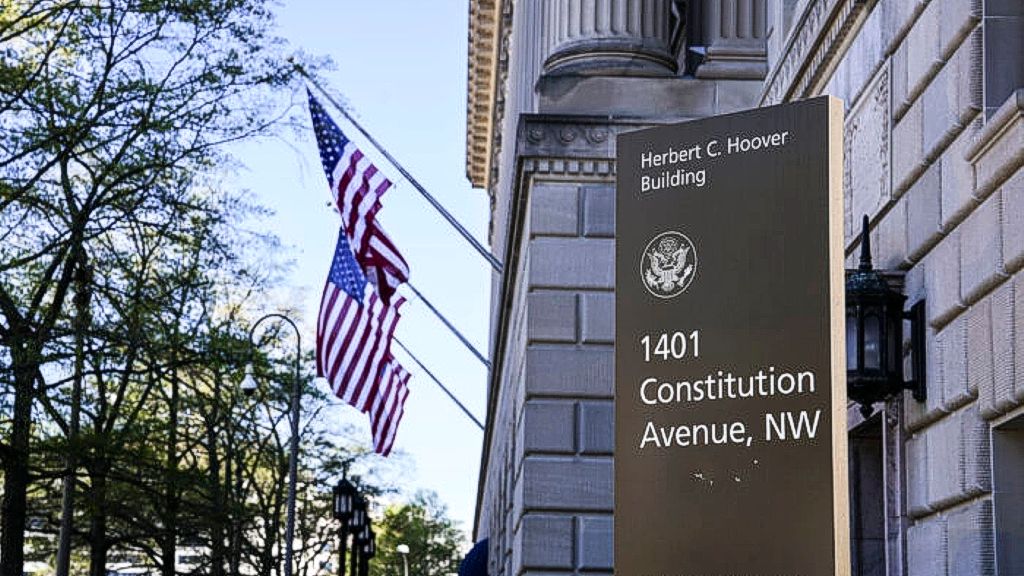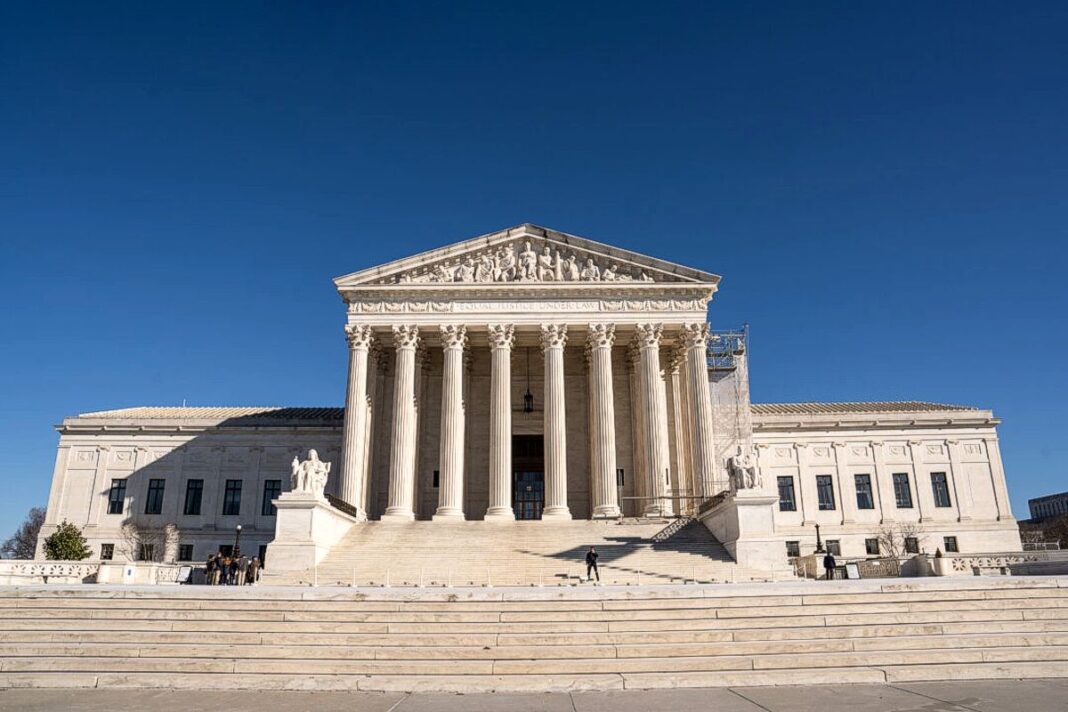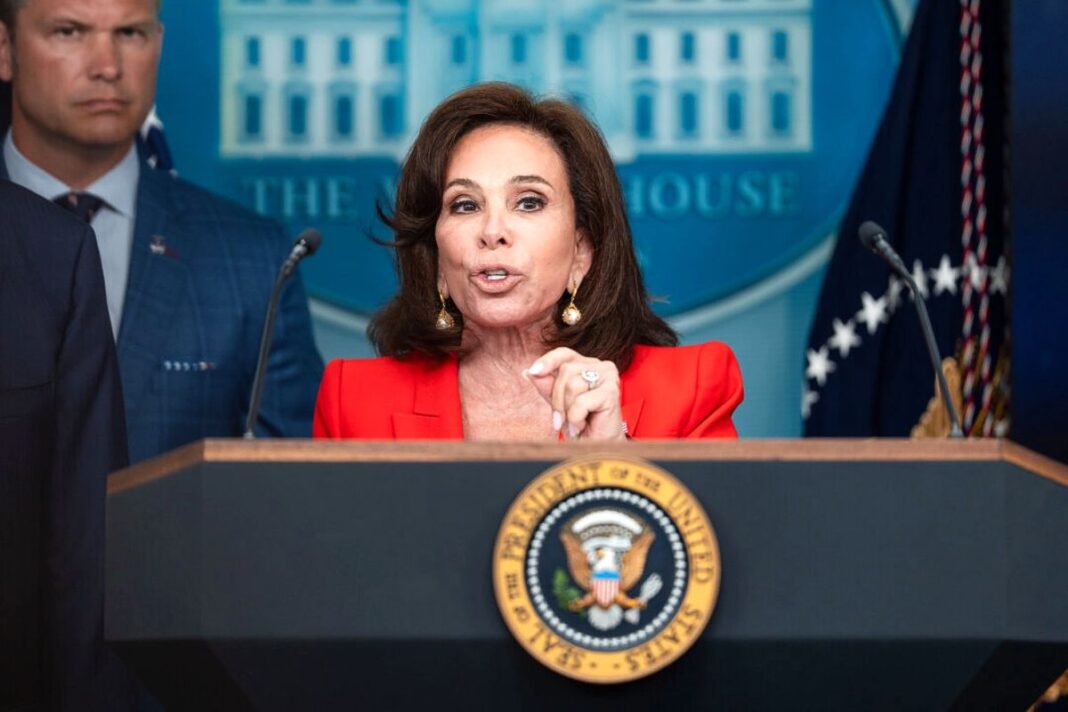The president’s executive order naming the two agencies violates the employees’ First and Fifth Amendment rights, the lawsuit says.
Labor unions representing employees of the National Weather Service (NWS) and the Patent and Trademark Office (PTO) filed a lawsuit on Sept. 2 challenging President Donald Trump’s Aug. 28 directive to end collective bargaining for the two Commerce Department agencies.
On March 27, Trump signed an executive order to end collective bargaining at federal unions representing employees working at agencies with national security missions. The Aug. 28 order expanded the list to include more agencies such as NWS and PTO.
On Tuesday, the National Weather Service Employees Organization (NWSEO) and the Patent Office Professional Association (POPA) filed the lawsuit against Trump and three administration officials, including Commerce Secretary Howard W. Lutnick, in the U.S. District Court for the District of Columbia.
The defendants’ actions violated the Federal Service Labor-Management Relations (FSLMR) statute, First Amendment rights, and the Fifth Amendment guarantee of equal protection through its due process clause, the lawsuit says.
FSLMR establishes the rights and obligations of federal workers and related unions, including their right to organize and bargain in good faith. The two Trump orders excluded NWS and PTO from FSLMR coverage, thereby ending their bargaining rights, the plaintiffs say.
The lawsuit argues that POTUS can exclude agencies from FSLMR coverage only if these agencies have “intelligence, counterintelligence, investigative, or national security work” as a primary function.
Claiming that national security work is neither the primary function nor a responsibility of NWS or PTO, the complainants say that “the President clearly exceeded the authority granted to him by Congress” by excluding the agencies from FSLMR coverage.
The lawsuit alleges that Trump’s Aug. 28 order was in retaliation against NWSEO and POPA because the unions had criticized the administration’s policies.
For instance, the labor groups had previously raised grievances against the Trump administration for policies such as ending telework or remote work, the lawsuit says.
“The fact that the POPA and NWSEO bargaining units were not included among the first tranche of exemptions in the March Executive Order but were excluded after they engaged in robust opposing to the Defendants’ policies, evinces that national security concerns were not the motivation for their exclusion,” the lawsuit says.








